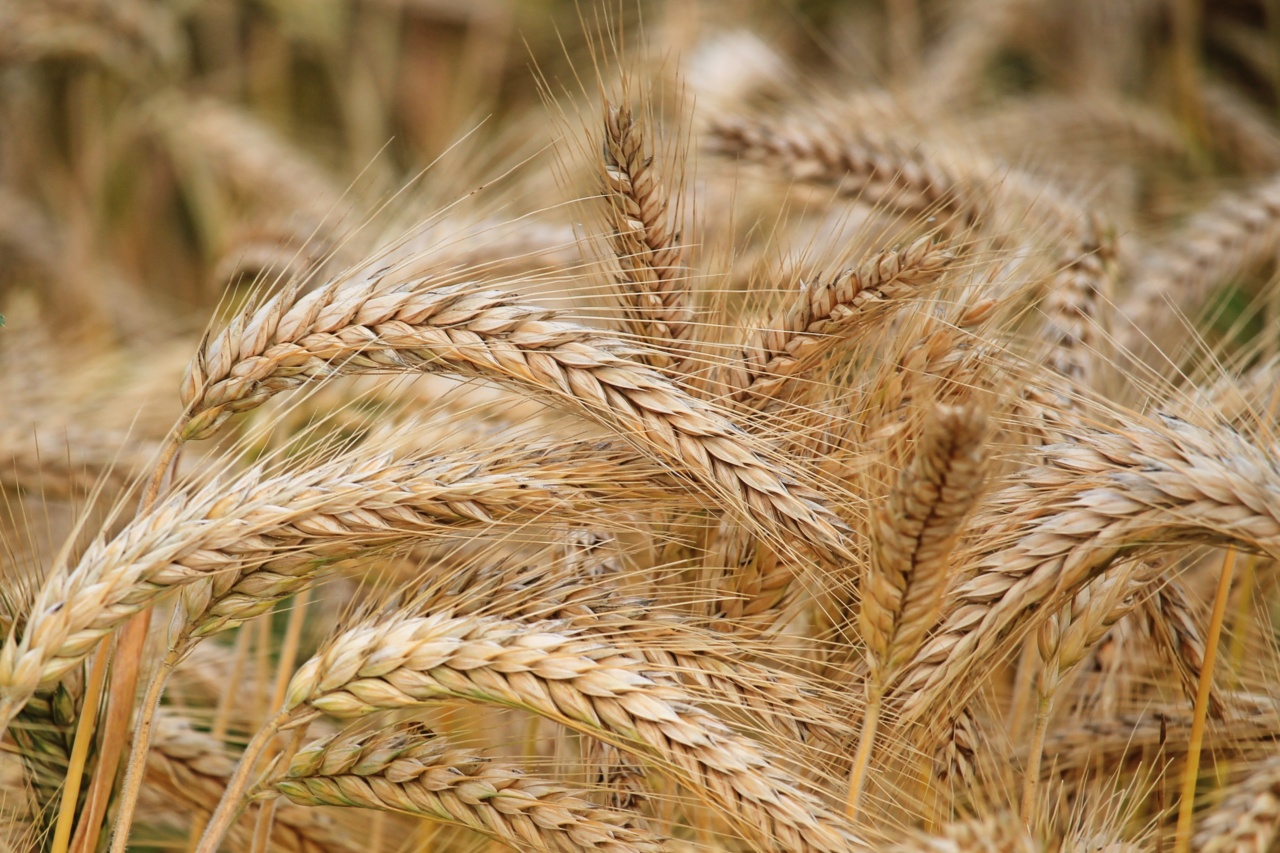Triglycerides are a type of fat found in your blood. They are derived from the food you eat and are also produced by your body. While triglycerides are a necessary source of energy, high levels can increase your risk of heart disease.
Eating certain foods can cause your triglyceride levels to spike, so it’s important to be aware of what you’re putting on your plate. In this article, we’ll explore some foods that can have a negative impact on your triglyceride levels and suggest healthier alternatives.
1. Added Sugars
Added sugars, such as those found in soda, candy, pastries, and sweetened beverages, are one of the main culprits for elevated triglyceride levels. These sugars are rapidly absorbed into the bloodstream, leading to a surge in triglyceride production.
Limiting your intake of added sugars is crucial for maintaining healthy triglyceride levels. Instead of reaching for sugary treats, opt for naturally sweet fruits or satisfy your sweet tooth with a small piece of dark chocolate.
2. Refined Grains
Refined grains, such as white bread, white rice, and pasta made from refined flour, are quickly broken down into sugar in your body. This rapid conversion raises insulin levels, which promotes triglyceride synthesis.
To lower your risk, choose whole grains like quinoa, oats, and whole wheat bread, as they are high in fiber and have a smaller impact on your blood sugar levels.
3. Trans Fats
Trans fats are artificially created fats that are commonly found in fast food, fried snacks, packaged baked goods, and margarine. These fats not only increase bad LDL cholesterol but also raise triglyceride levels.
It’s crucial to read food labels and avoid products that contain partially hydrogenated oils, as they are the primary source of trans fats. Opt for healthier fats like olive oil or avocado oil for cooking and use natural nut butters instead of spreads high in trans fats.
4. Excessive Alcohol Consumption
While moderate alcohol consumption can have some health benefits, excessive drinking is detrimental to your triglyceride levels.
Alcohol contains empty calories, and consuming large amounts can lead to weight gain, liver inflammation, and elevated triglycerides. If you choose to drink, limit yourself to one drink per day for women and up to two drinks per day for men. It’s worth noting that individuals with high triglyceride levels should abstain from alcohol altogether.
5. High-Fructose Corn Syrup
High-fructose corn syrup (HFCS) is a sweetener commonly used in processed foods and beverages. HFCS has been linked to increased triglyceride levels, insulin resistance, and weight gain.
To avoid HFCS, examine ingredient labels and opt for products sweetened with natural alternatives, such as stevia or honey. Furthermore, consuming whole foods instead of processed ones can significantly reduce your intake of HFCS.
6. Saturated Fats
Saturated fats, typically found in fatty cuts of meat, full-fat dairy products, butter, and high-fat oils, can elevate your triglyceride levels.
Though some saturated fats are necessary for a balanced diet, it’s important to consume them in moderation. Opt for lean sources of protein like skinless poultry, fish, and legumes, and use plant-based oils like olive or avocado oil for cooking.
7. Fast Food
Fast food meals are often loaded with saturated fats, trans fats, and refined carbohydrates, making them a major contributor to high triglyceride levels.
Regularly consuming fast food can lead to not only elevated triglycerides but also obesity, high blood pressure, and other health issues. It’s best to limit your intake of fast food and opt for homemade meals instead, incorporating fresh ingredients and healthier cooking methods.
8. Processed Meat
Processed meats like sausages, hot dogs, bacon, and deli meats contain high levels of unhealthy fats, sodium, and preservatives.
Regular consumption of these meats has been associated with increased levels of triglycerides and a higher risk of heart disease. To reduce your intake, consider choosing lean, unprocessed meats like chicken or turkey breast, or opt for plant-based protein sources like tofu, tempeh, or legumes.
9. Full-Fat Dairy Products
Full-fat dairy products, including whole milk, full-fat cheese, cream, and ice cream, are high in saturated fats. These fats can raise both your LDL cholesterol and triglyceride levels.
Choosing low-fat or non-fat dairy options can help to mitigate this risk while still providing important nutrients like calcium and vitamin D. If you are lactose intolerant or prefer plant-based alternatives, you can opt for dairy-free options like almond milk or coconut milk.
10. High Alcohol Content Drinks
Certain alcoholic drinks, such as cocktails with sugary mixers, sweet wines, and spirits mixed with sugary sodas, can significantly raise your triglyceride levels.
These drinks are often high in both alcohol and added sugars, which are a double whammy for your triglycerides. Opt for light beer, dry wines, or spirits combined with sugar-free mixers or sparkling water to enjoy an occasional drink without negatively impacting your triglyceride levels.



























